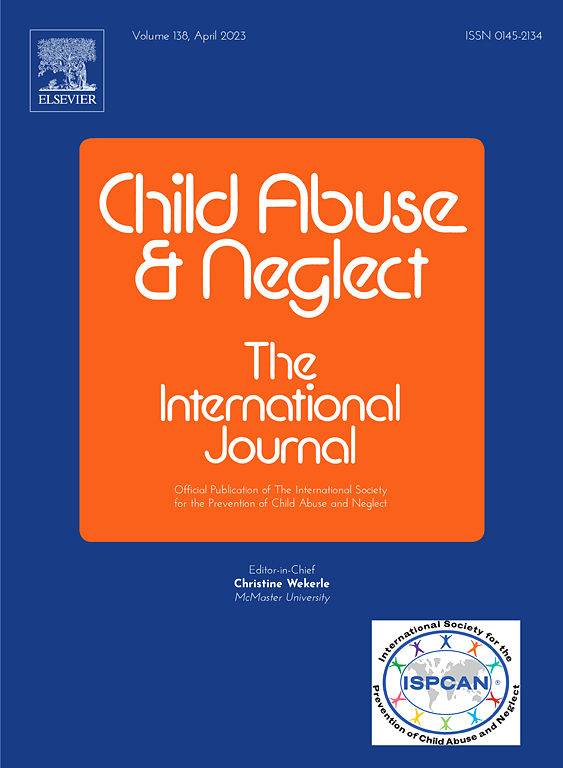The ethics of child maltreatment surveys in relation to participant distress: Implications of social science evidence, ethical guidelines, and law.
This paper outlines the ethical and legal issues related to child maltreatment research and provides guidelines to consider in developing ethical research projects
Abstract
Epidemiological surveys measuring the prevalence of child maltreatment generate essential knowledge that is required to enhance human rights, promote gender equality, and reduce child abuse and neglect and its effects. Yet, evidence suggests Institutional Review Boards (IRBs) may assess the risk of these studies using higher than normal thresholds, based on a perception they may cause high distress to participants. It is essential for IRBs and researchers to have an accurate understanding of the nature and extent of participant distress associated with these studies, and of the duties of researchers towards survey participants, so that meritorious research is endorsed and duties to participants discharged. Assessment by IRBs of the ethics of such research must be appropriately informed by scientific evidence, ethical principles, and legal requirements. This article adds to knowledge by considering participant distress in child maltreatment surveys and its appropriate ethical and operational treatment. We provide an updated overview of scientific evidence of the frequency and severity of distress in studies of child maltreatment, a review of ethical requirements including a focus on beneficence and participant welfare, and a new analysis of researchers' legal duties towards participants. Our analyses demonstrate that participant distress is infrequent and transitory, that researchers can satisfy ethical requirements towards participants, and that legal liability does not extend to emotional distress. Informed by these bodies of knowledge, we distil key principles of good epidemiological practice to provide solutions to operational requirements in these surveys, which both fulfil ethical requirements to participants, and demonstrate trauma-informed practice.
Suggested citation
Mathews B, MacMillan HL, Meinck F, Finkelhor D, Haslam DM, Tonmyr L, Gonzalez A, Afifi TO, Scott JG, Pacella RE, Higgins D, Thomas H, Collin-Vézina D, Walsh K. (2022). The ethics of child maltreatment surveys in relation to participant distress: Implications of social science evidence, ethical guidelines, and law. Child Abuse & Neglect 2022; 123: 105424. https://doi.org/10.1016/j.chiabu.2021.105424.
